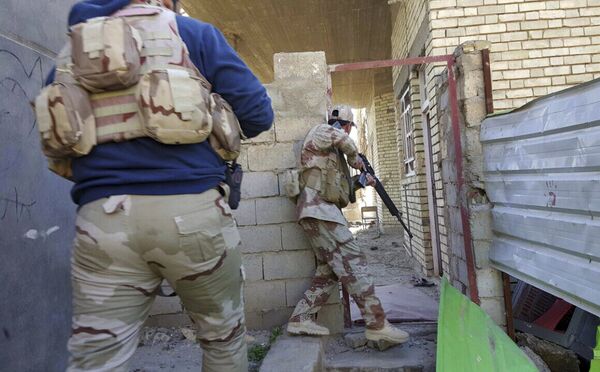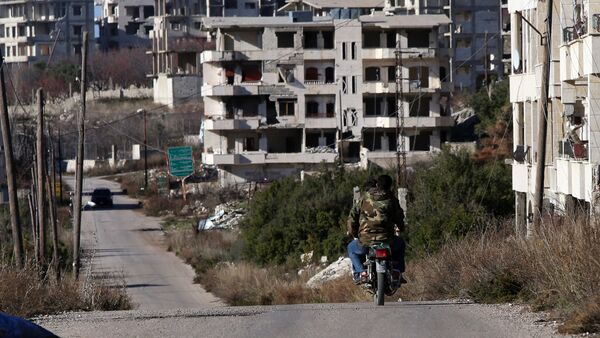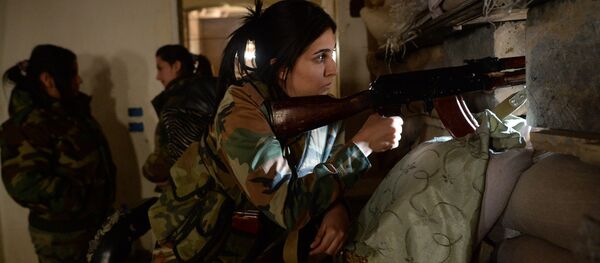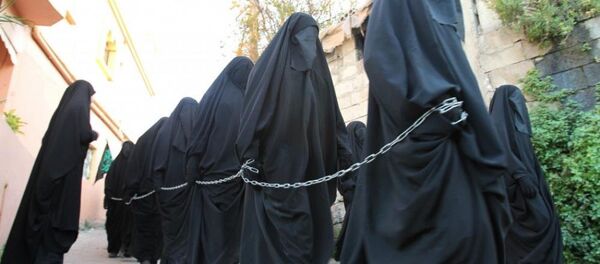"…On the Syrian issue, they do not want to support [Syrian President] Assad, but at the same time they are unwilling to topple him anymore. Therefore, they are in a difficult situation: they do not know what to do," Schwok said.

He referred to the meeting of the EU countries' foreign ministers which took place on January 18, during which, he said, no major breakthroughs were made.
Anbar Ops Command: 34 Daesh terrorists eliminated, 3 vehicles destroyed & 90 IEDs dismantled in north Ramadi #Iraq pic.twitter.com/fffFXSvbCB
— Iraq Live Update (@IraqLiveUpdate) 20 января 2016
According to him, "the main thing they have decided on the Syrian issue is that they will help Jordan accept more refugees and will promote the development of trade relations with Amman."
.@JohnKerry: There will be no end to this crisis unless there is an end to the conflict itself. #Syria https://t.co/mW3suLOZ0W
— Department of State (@StateDept) 13 января 2016
"It clearly shows the troubles the Western countries and the European Union are facing as far as the Syrian issue is concerned," he pointed out.
"It is safe to assume, therefore, that the EU's assistance to the Middle East is a purely symbolic gesture," Schwok concluded.
Syria has been locked in an armed conflict that has left over 250,000 dead or missing since 2011 and displaced millions. Forces loyal to Syrian President Bashar Assad have been fighting against opposition factions and extremist groups such as Daesh, which is also trying to increase its clout in Iraq.




